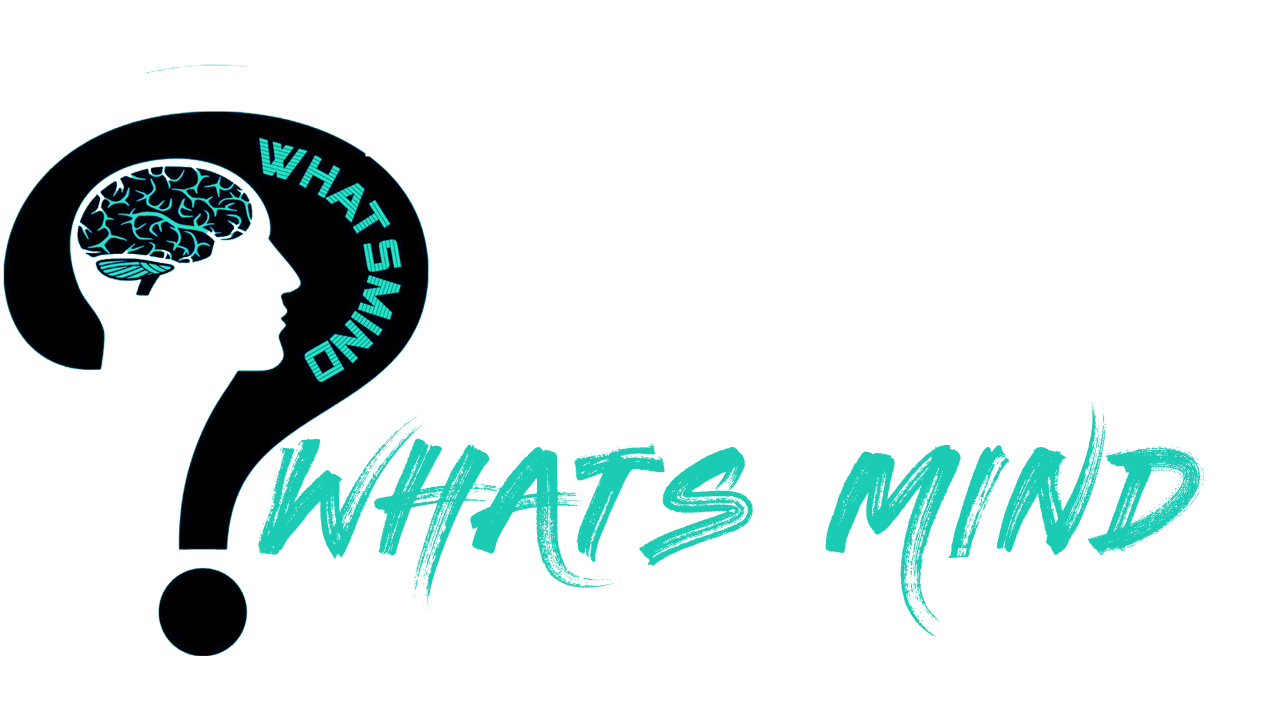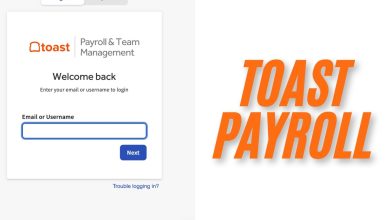Why You Should Invest in HR and Payroll Software Technology For Your Company

Aren’t HR and payroll interchangeably recognized? Despite both teams contributing to different functions in the organisation, in the long run, both have the same agenda to improve the productivity of the organisation.
They are also linked via the employees, payroll is designated to make precise payments and deduct the taxes that need to be withheld per month while HR is designated to manage multiple functions including employee salary, increments, bonuses, incentives, and paid leaves along with similar metrics.
HR And payroll are claimed to be two sides of the same coin but in reality, both have different tasks that depend upon employee performance and experience and evaluated how much employees are focused on supporting the organization.
A drift between both is detrimental as the thriving of the company is only possible when both are close-knit and share a common goal.
In this guide, we will delve deeper into how HR and payroll work together, whether are they the same or different, what are common challenges faced by them, and how to tackle them.
Table of Contents
HR And Payroll: Are They Same Or Different?
There isn’t any stringent answer to this, as in some setups HR and payroll fall into the same department while in some setups these are different. Where HR is separately doing its tasks and payroll is lumped under the finance department. There isn’t anything wrong with merging both, but at the root, we can’t deny both perform different functions despite being connected.
HR professionals are tasked to deal with people and are assigned to bridge the gap between organisational demands and human needs. They do their tasks by placing the right people in the right positions ns, they compensate the talent by measuring what works best and what doesn’t.
Payroll is entirely about managing money and how to crunch it and stay compliant. Their task is to give extreme attention to detail and maintain accuracy via spreadsheets and calculators aka their happy places.
Although HR and payroll are separated but still close allies and their joint relationship is essential when invested synergistically into companies.
Why You Must Invest In HR And Payroll For Increased Productivity?
Well as both the terms are used together, it means there isn’t any competition between them in fact both are allies.
These two departments HR and payroll synchronise and maintain a smooth coordination that seamlessly operates businesses.
Keep Employees on Board & Manage Data
HR and payroll work as a team. HR hires new employees, manages their contributions and makes sure everyone is onboard while payroll makes sure employees are paid precisely.

HR also manages employees’ records, including personal information, evaluations based on performance, employment contracts, and other confidential data whereas payroll requires this accurate information so that compensation benefits and other administration bonuses are updated and provided to deserving employees.
Keep An Eye On Time & Attendance
HR manages whether employees are on time or not, the staff puts time off policies and tracks when employees took leave, attendance records, and absences along either vacation time. Payroll utilizes this information to curate employee pay by accurately accessing time off balances, paternity or maternity leaves, holiday charges, and other wage reductions.
Payroll is processed after calculating per pay period wages, deductions, and benefits contributions.
HR assists the payroll system by giving precise information about employees, sorting out inquiries hive discrepancies, and providing any payroll changes if required by verifying with the payroll system.
Manages Compliance Factors
HR and payroll teams merge together to deal with compliance regarding employment rules and requirements. HR gives stringent information over changes that affect final payrolls such as exemption status, and minimum wage update. This information is utilised by payroll to bring final changes in the processing.
What if an employee is leaving? HR will deal with the separation process like doing an exit interview and cross-checking the final paycheck. Payroll monitors whether the final paycheck is correct or not.
Issues Compensation & Benefits
HR and payroll are assigned to give compensation and benefits. Their synergistic working is where HR staff design these policies which include pay, salary increments, incentives, bonuses, and other benefit packages.

Payroll staff uses such accurate information and does the processing by doing deductions and giving contributions in the paychecks.
Reporting & Analytics
Both work simultaneously to curate reports regarding employees’ metrics and analytical records. The reports that are generated focus on workforce cost, turnover rates, benefits usage, and other useful data records that facilitate better decision-making.
Challenges Faced In HR And Payroll Management
Although HR and payroll management relationships have proved to be fruitful for the companies regarding financial matters but still pose some blockers that we need to overcome. The challenges faced by teams include:
Different Reporting Structure: In most of the cases, HR and payroll durst seem to align regarding reporting structure. In some companies, payroll comes under the finance department and reports to that department instead of HR which creates a gap between both teams.
Different Motives: It’s not that both teams have the same goals and are on the same page. The payroll team is assigned to make precise calculations and be efficient and compliant when delivering payroll as only a single penny miscalculated might keep payroll professionals up on their toes.
On the other hand, the HR team isn’t assigned to such stringent duties, their task is to manage the team and maintain employee retention so giving bonuses seems to be an effective retention tool, where the friction arises between both.
Contention Regarding Data: The HR and payroll team controls different contexts of data. The payroll team is charged with the accurate process of payroll where the HR team collects and manages critical employee information for the payroll team.
But it’s often seen that the payroll team cleans up HR data or goes to them again and asks for even a fraction of information to accurately design payroll and it gets frustrating sometimes.
Effective Approaches To Build Strong HR And Payroll Relationships
There are some brilliant steps that help to deal with blockers and remove the friction points occurring between the partnership of HR and payroll.
Segregation of Responsibilities
Define the responsibilities of HR and payroll for better compliance and ensure accountability, furthermore, it allows further clarity which allows both teams to meet the workplace expectations.
The collaboration of both teams creates a process map that helps everyone to mutually agree on the terms and create a smooth workflow.
Generate Key Performance Indicators (KPIs)
HR And payroll agree on shared KPIs and bring everyone on board while documenting employee compliance with the tasks and how much time do spend in their working hours.
There are other metrics to which teams show mutual compliance which maximises the value of the company.
Bottom-line
In conclusion, both HR and payroll are assigned to do different tasks. Where HR manages employees’ performance and decides salaries, increments, bonuses, and compensation while payroll designs the paychecks and precisely gives those to the employees.
Ultimately, both teams collaborate and work enthusiastically towards the betterment of the company and pose a positive impact on the organization and the employee experience.
When both work synergistically and their time together is maximised with well-curated collaboration strategies, the administrative efforts are minimised.
Give it a thorough read to understand better how both collaborate together and what is your opinion about investing in it.
You may like to read about the following:
- Is payroll a good career for the future?
- What are the Common Corporate Payments, Different Methods of Transferring, and Challenges while Trading?
- Spartan Capital Securities Complaints: Key Areas, Industry’s Measures, John Lowry, Allegations, Implications & Future Aims
FAQs on HR And Payroll
Should HR be responsible for Payroll?
The HR department can effectively take on the responsibility of Payroll processing, as this department has a people-first mindset through which they can handle employees better than finance’s only financial handling skills.
What is the separation of duties between HR and payroll?
The departments are separated not just because of the tasks they perform but due to different assigned locations and personnel.
For more information, visit Whatsmnid.com




